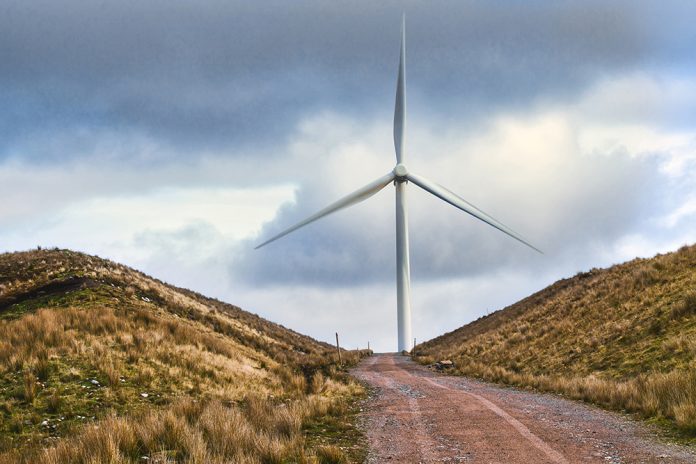Consumers are becoming more climate conscious – and this is influencing their buying behaviour. Anthony Mayall, CCO at BiU explains how businesses should respond.
The past year has seen businesses face unprecedented challenges, and many have responded with ingenuity and resilience. From the shops coping with panic-driven stockpiling to the pubs who pivoted to organising food parcels, businesses in all sectors have demonstrated that they have the skills and foresight to cope with whatever the world can throw at them. But now a new challenge is on the horizon: a change in consumer values.
We’ve all noticed how a series of lockdowns have changed consumer behaviour, but less obvious is a deeper change: a growing tendency to prioritise the environment in consumer decisions. A New Year survey by Garnier found that 73% of consumers want to be more sustainable in 2021, and this is backed up by market research: a study by consultancy Kantar found an increase in the market segment labelled as “Eco Actives”, while the group called “Eco Dismissers” has shrunk. With Scotland hosting the next UN climate change conference (COP26) in November, media coverage of green issues has intensified, increasing public awareness even further.
The obvious response to this new wave of eco-consciousness is to look at “greening” your products and services, perhaps through reducing packaging waste. This is important, but if you do this without taking steps to reduce your company’s greenhouse gas emissions, it may look like greenwashing. For most businesses, the biggest proportion of emissions comes from energy, so it is essential that you look at two elements: where you source it from, and how you use it.
Energy usage
Investment in energy efficiency could save UK businesses up £6 billion annually over the coming years, according to government figures. If the energy use of your business has never been audited, it is very likely that you are wasting energy in ways that you have no idea about. BiU offers an “energy health check” service where our experienced engineers, backed up by a team of data analysts, will identify areas of energy wastage in your business. We provide you with the information you need to make an informed decision, and we can also go further to help you tackle the problem. Whether it’s about staff training, changing processes or optimising equipment, we can step in to cut the unnecessary waste. This won’t just reduce your carbon footprint; it will deliver serious cost savings too. We saved one high-street client £13,393-worth of energy relating to just one site – that’s the equivalent of 5,422 cappuccinos!
Energy sourcing
The kind of energy you use is just as important as the amount of energy you use. Switching to a renewable supply will have a big impact on your company’s carbon footprint. Unfortunately, it’s not always straightforward to find one, because many of the tariffs marketed as “100% renewable” are not very green at all. (Thanks to a legal loophole, it’s perfectly legal for a supplier to label their energy as renewable even if they have no dealings with renewable energy generators.)
BiU has extensive experience in true green energy procurement, and we do the legwork in checking the sources of the energy you buy so that you can be sure it’s truly green. We can also make sure that your energy supply matches your brand values in other ways: for example, perhaps it’s important to you and your customers to support Scottish generators.
Tackling energy efficiency and energy sourcing are both straightforward and cost-effective ways to cut your carbon footprint and prove to increasingly eco-savvy customers that you are taking climate issues seriously. If you’d like expert advice on getting started, contact BiU on hello@biu.com






